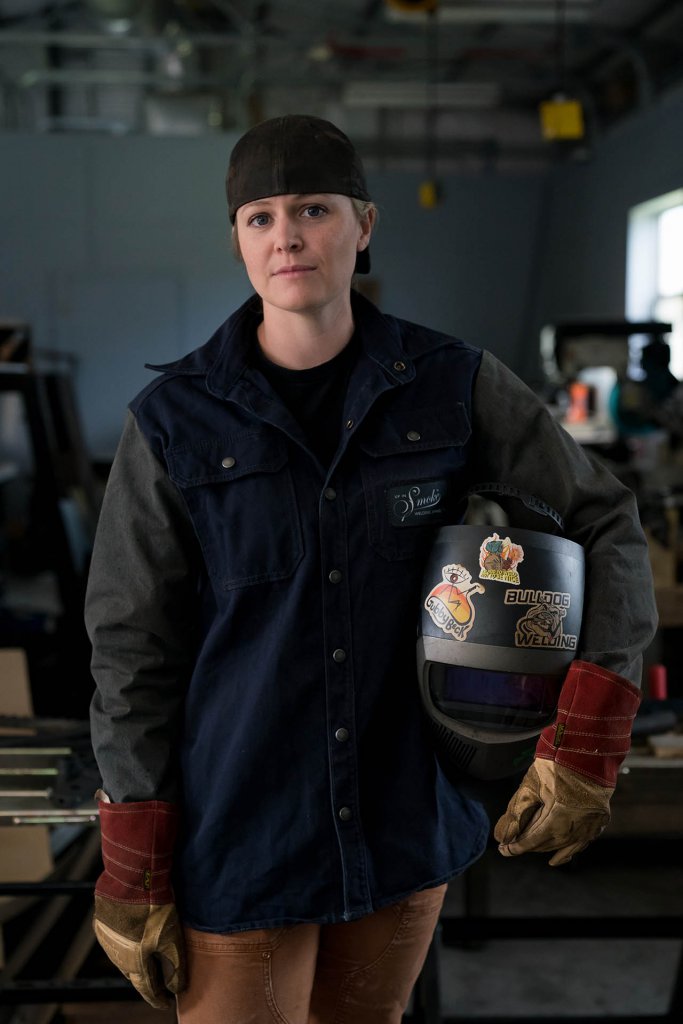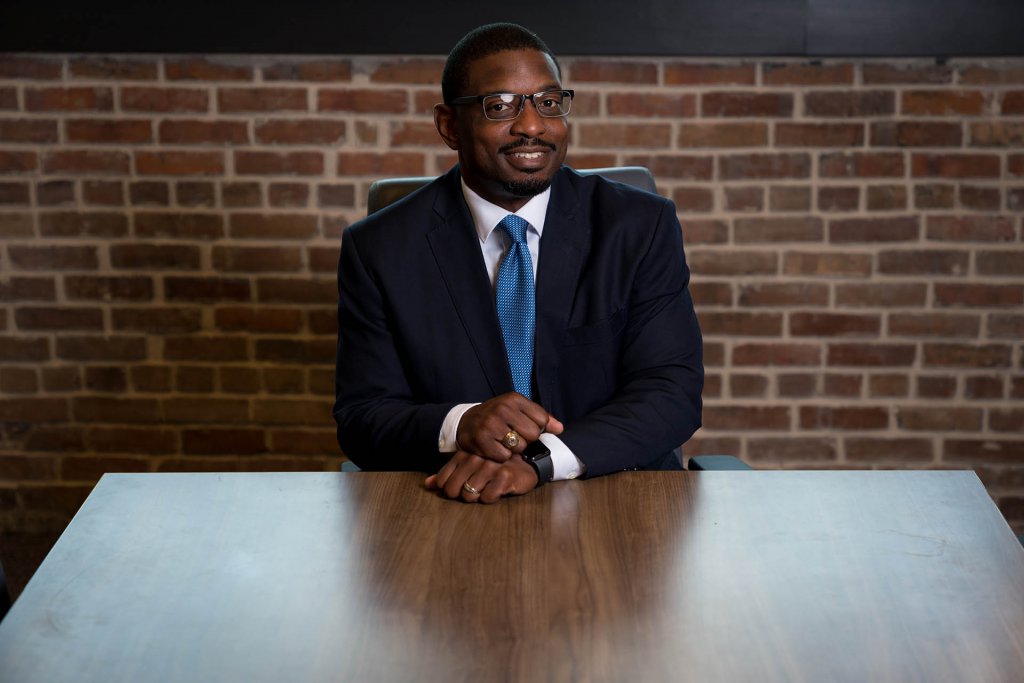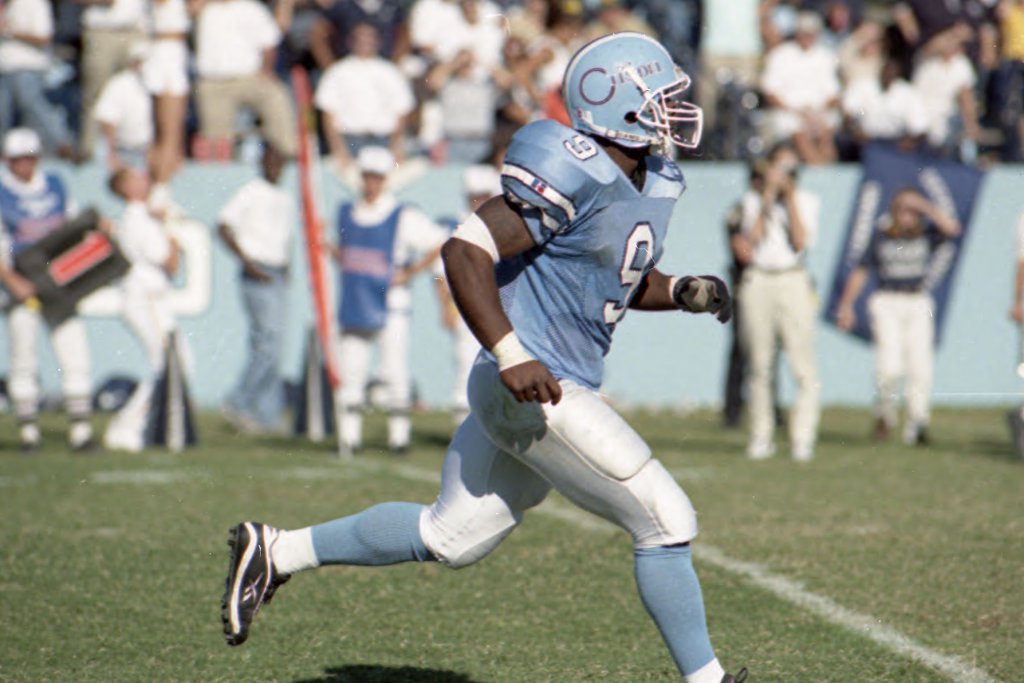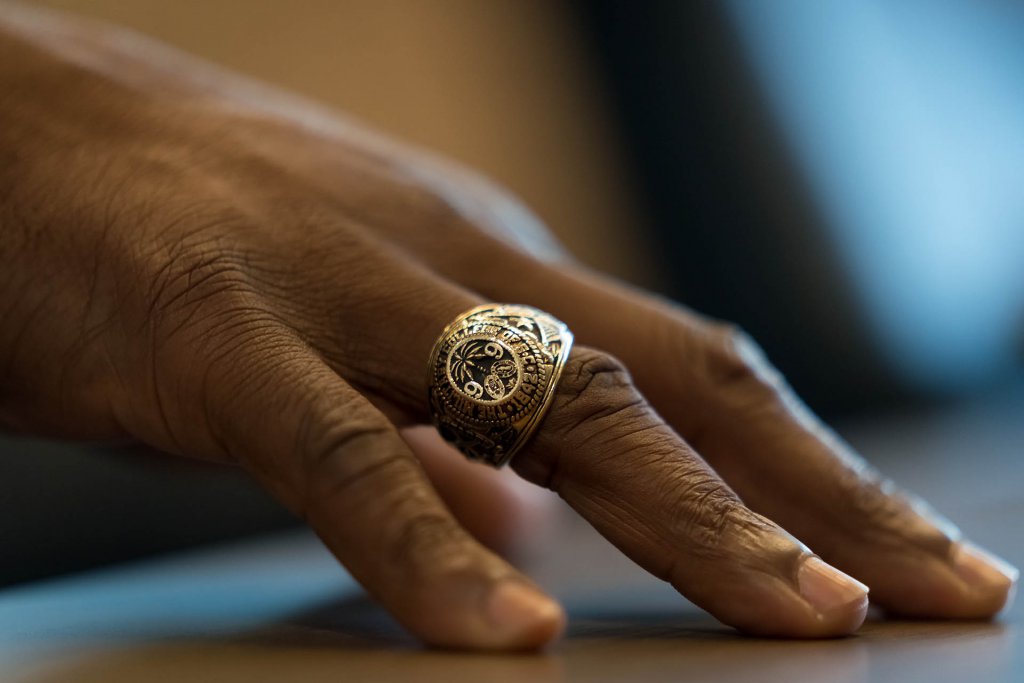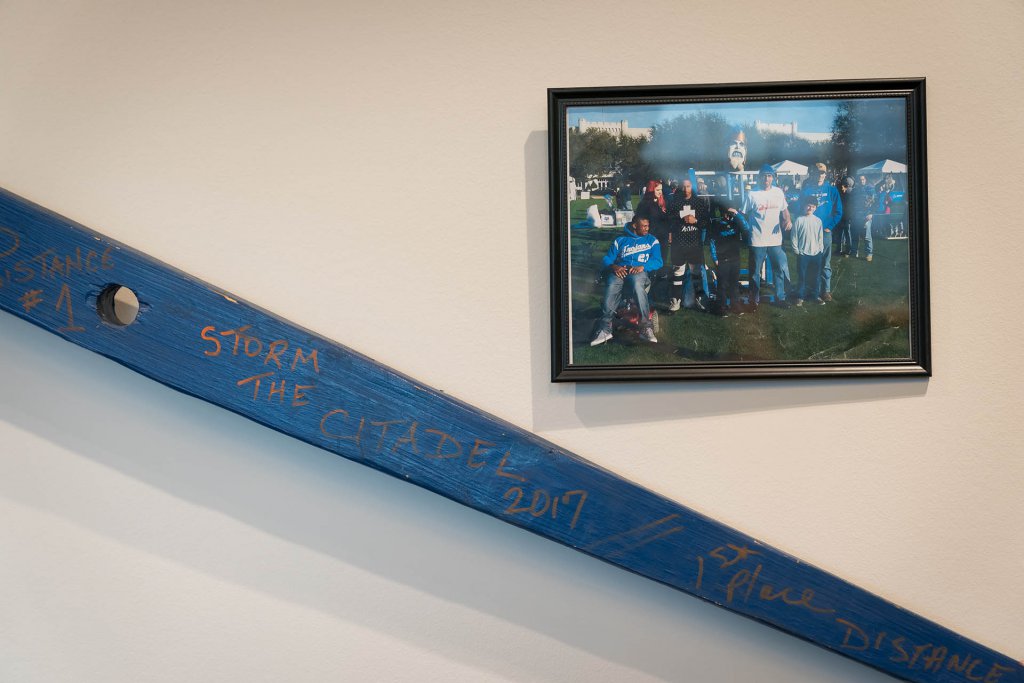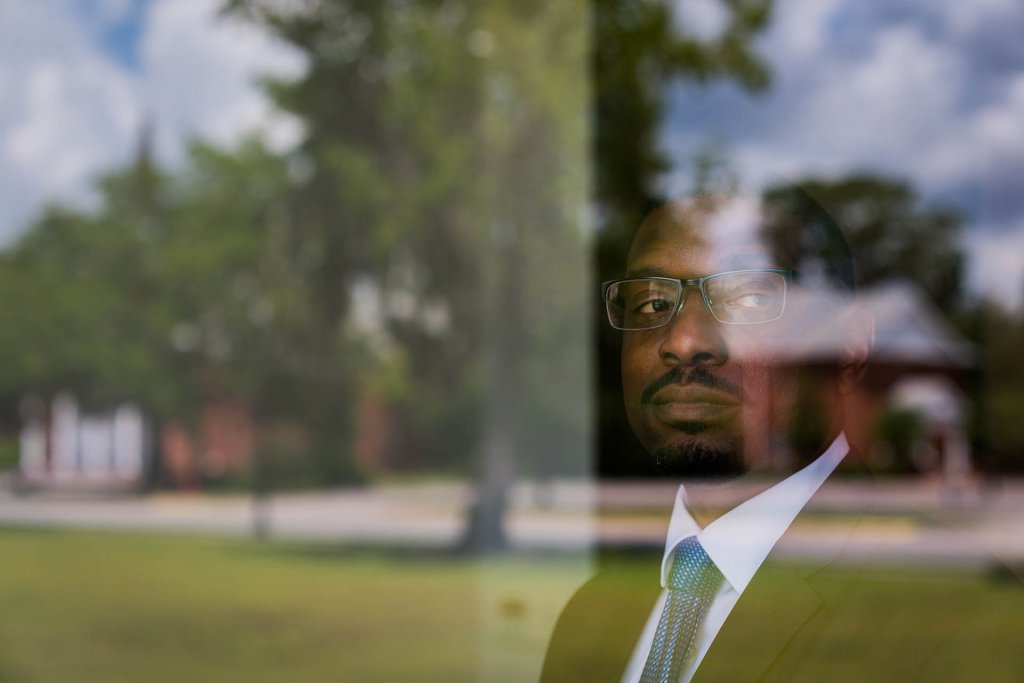I have aspired to be a psychiatrist since middle school. My grandfather, Dr. Robert Milling, was a renowned psychiatrist in Columbia who grew up in Greenwood during the Great Depression. Pop valued family most importantly and would do anything to help others. I have fond memories of hiking with him during annual Christmas family vacations in Hendersonville, North Carolina, exploring the unique flora and fauna of the mountains.
What really struck me from a young age was that Pop’s breadth of knowledge encompassed more than just medicine. He was a naturalist, an observer and a historian. He was a lifelong learner, one who pursued knowledge for the passion of discovery. I learned from him that genuine curiosity will lead to more fulfillment than focusing on one thing and one thing only.
Pop treated his patients like family. He made house calls and developed long-term relationships to help them on their path to recovery. “What is this?” he often asked, pointing something out before launching into an educational explanation. He was a man full of love and empathy for others, which has inspired me to be more like him.
I learned that achieving dreams and goals requires perseverance and a constant willingness to improve. I chose The Citadel because it is the best school in South Carolina. As matriculation neared, I was excited to see what the first year would be like. I knew that my experience would be different from most because of my arm, but still similar in many ways. I was born with only one arm and grew up reluctant at times to try new activities. I eventually got past my inhibition. On the way to becoming an Eagle Scout, I rappelled off sheer cliffs in New Mexico, repaired cars and homes, and became an athlete; I learned that you have to have self-worth to be of value to others.
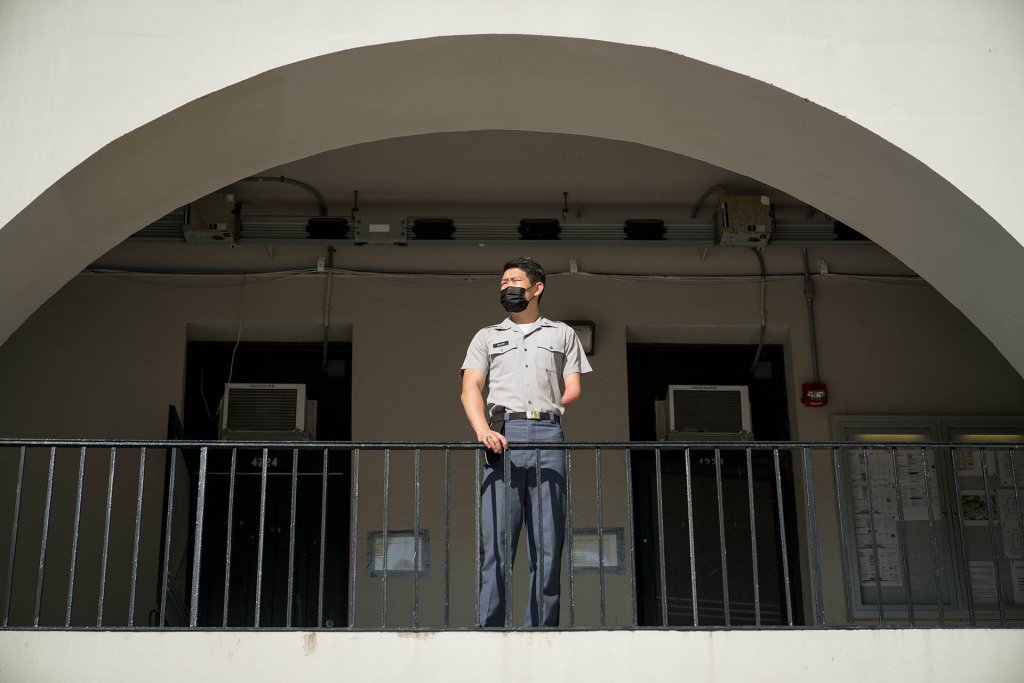
To prepare for future challenges, I chose to attend a military college. The Citadel has a reputation for being “the road less traveled” because of its disciplined environment and the physical and mental demands of the fourth-class system. As a freshman, I was held to the same standards as everyone else. I knew that my experience would most likely be different from anyone else’s, but I knew that I had a duty to fulfill, and no special accommodations should be made. After parade practices, we performed pushups in front of the Kilo Company letter with our rifles resting on our hands. To conduct the manual of arms, I wore a prosthetic to parades, but it was not made to bear the weight required for pushups. When it came time to push, I put my prosthetic arm behind my back and did pushups with one hand. I remember thinking during those long-count pushups how hard it was and wondering if I should try to do something else and wait it out. But I knew that wasn’t the answer because I would be making it easier on myself. As I continued, the cadre watched in amazement and asked my classmates why they didn’t perform one-handed pushups. Everyone has personal situations they deal with, and when you step in the first day as a knob, you cannot allow those issues to impede your success. What I took away from knob year was the ability to prioritize and constantly strive for success.
From the beginning, I knew balancing academics and military duties would be important. I had mentors who stressed the importance of being prepared and working hard. My first day at The Citadel was much like that of others, fearful of what was to come and anticipating the dreaded Challenge Week. I remember getting helpful advice from one of my mentors before I arrived at The Citadel: “Listen to what they say, not how they say it.” His advice made my knob year much easier, allowing me to take the cadre at face value and concentrate on academics.
After declaring a biology major as a knob, I also started a German minor. Cross-cultural competency is valuable to me because of the importance of communication and understanding those who come from different backgrounds. I eventually declared German as a second major because I wanted to expand my ability to understand and communicate with others of a different culture. After my freshman year, I spent the summer in Germany attending a language school where I met people from all backgrounds—students, working professionals moving to Germany and older adults seeking to learn a new language. I met a French archeologist preparing to start working in Germany. She told me about France and the differences there. During my second summer abroad in Germany, I presented research at a German-French conference in Lyon, France. My previous experiences made it easier for me to communicate with the French speakers who knew little English. I believe in integrating with the community. While I was in Germany, I joined Rupertia, a German fraternity, where I have made lifelong friends.
My passion for the pursuit of knowledge has led me on adventures. I traveled with the support of the Office of Study Abroad. Being a Star of the West Summer Scholar enabled me to learn German in Mannheim, Germany, during the summer of 2018. Afterward, I wanted to have more experiences abroad that would prepare me to become a physician. In the summer of 2019, I conducted virus research at Heidelberg University. This experience highlighted the importance of cross-cultural communication because I was working with German and French researchers. I was prepared because at The Citadel I learned how to communicate with people different from me.
With the support of faculty, I have had experiences that prepared me for my goal to become a physician. As this magazine goes to press, I will be starting on another academic adventure in England. I have been accepted to the University of Cambridge to pursue a master’s degree in population health science, which focuses on analysis of health data trends and policy in order to investigate different determinants of health in a population. After I complete my master’s degree, I will attend the University of South Carolina School of Medicine.
My goal is to become a physician and provide the best possible care for my patients. Following my grandfather’s example, I believe in developing long-term relationships with others to help them succeed in their goals, whether they be professional or personal. The Citadel has prepared me for new and challenging situations, whatever they may be. Pop passed away my freshman year before I was recognized as a member of the Corps of Cadets. He was so proud that I chose to attend The Citadel, and I am sure that he is ecstatic that I am one step closer to realizing my dream to become a physician and a leader in my community.
Christian Najjar spent his childhood in Beaufort before moving to Columbia, where he attended A.C. Flora High School. At The Citadel, he majored in biology and German, graduating summa cum laude. He is currently pursuing a master’s degree at the University of Cambridge in the United Kingdom, after which he will either serve as a Fulbright English teaching assistant in Germany or enter medical school at the University of South Carolina, to which he has been accepted.

